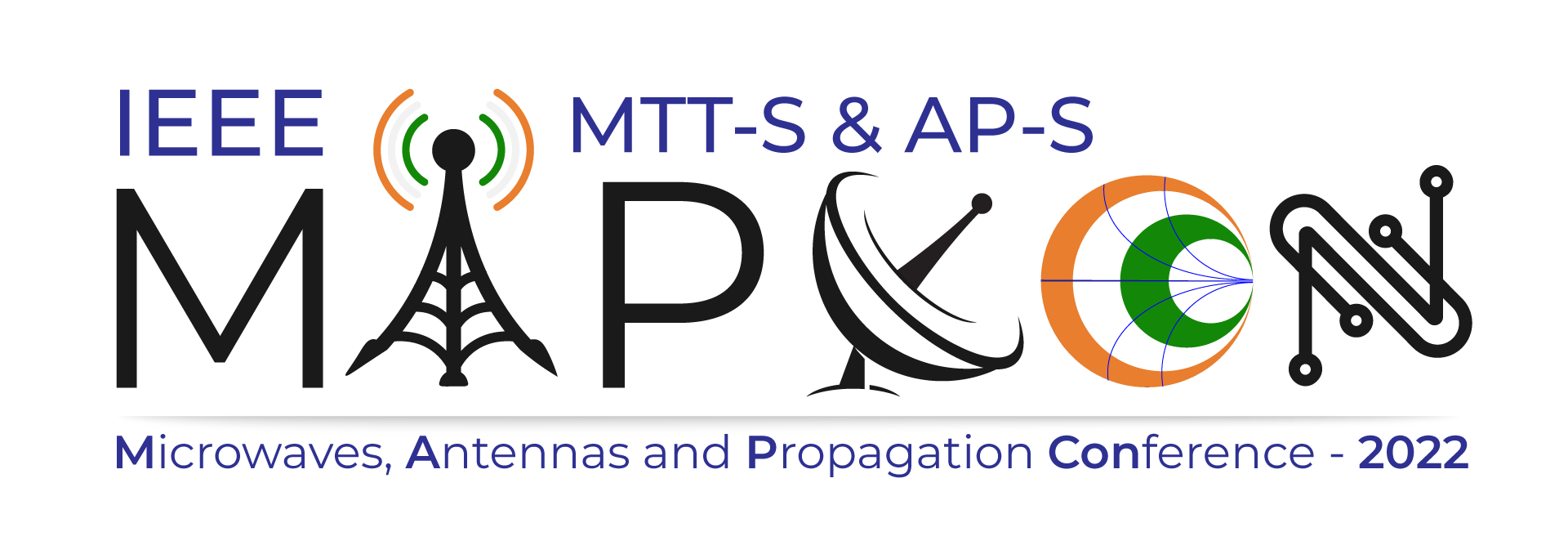A rising level of greenhouse gas emissions, its effect on life and property, food production and human productivity on the planet are raising alarm bells in the civil society, among policy makers and industry leaders. At the same time, there is a tension between industrialized nations and emerging economies about the approach to global decarbonization efforts in the electric power, transportation, ICT, buildings, agriculture and the manufacturing sectors. This presentation addresses the causes and effects of carbonization and mitigation opportunities. A major focus is placed on the carbon produced through electricity production, as it is responsible for roughly 30% of carbon emissions globally. The challenge of decarbonization in this sector can be addressed using a portfolio of solutions with low-carbon generation (including renewables & nuclear), carbon capture and sequestration, storage, cross-border electricity transfer and advanced technology focusing on energy efficiency.
Professor Saifur Rahman is the founding director of the Advanced Research Institute at Virginia Tech, USA where he is the Joseph R. Loring professor of electrical and computer engineering. He also directs the Center for Energy and the Global Environment. He is a Life Fellow of the IEEE and an IEEE Millennium Medal winner. He is the 2022 IEEE President-elect and was the president of the IEEE Power and Energy Society (PES) for 2018 and 2019. He was the founding editor-in-chief of the IEEE Electrification Magazine and the IEEE Transactions on Sustainable Energy. He has published over 150 journal papers and has made over five hundred conference and invited presentations. He is the founder of BEM Controls, LLC, a Virginia (USA)-based software company providing building energy management solutions. He has conducted several energy efficiency, blockchain and sensor integration projects for Duke Energy, Tokyo Electric Power Company, the US National Science Foundation, the US Department of Defense, the US Department of Energy and the State of Virginia. He has a PhD in electrical engineering from Virginia Tech.
Testing moments of Indian space program from concept to commercialization will be brought out in this talk.
Dr Mylswamy Annadurai, famed as the "Moon Man of India", Vice President, Tamil Nadu State Council for Science and Technology is the space scientist of International repute, has held various responsibilities like Director ISRO satellite Centre, Prog Director Mangalyaan, Project Director Chandrayaan -1&2 and Chairman, Board of Governors, National Design and Research Forum. Holding a Masters and PhD in Engineering, Dr Annadurai led more than 3000 scientists and engineers as Director, ISRO Satellite Centre. He has contributed for more than 60 satellites made in India during his 36 years of illustrious career at ISRO. Notable among them being Chandryanna-1 and Mangalyaan-1 India's first Moon and Mars missions in the capacity of Project Director and Programme Director for the respective missions. Dr Annadurai has led many international forums on Space science and technology, to name a few, Chairman, working group of the whole in United Nations Comittee for Peaceful use of Outer Space, co-chair Asia-Pacific Space Forum, Co-chair Indo German Joint working team for Space Coperation, Indo-French Joint working team for Space Coperation. He has written 5 books, authored many research papers in the area of satellite technology and holds 10 patents. Dr. Annadurai has been bestowed with Padma Shree award in 2016 for Science and Technology from Govt.of India, Rajyotsava Prashasti award for Science in 2008 from Govt. of Karnataka, IEI-IEEE(USA) Engineering Excellence award 2016, Space Systems award, 2009 from American Institute of Aeronautics & Astronautics, USA along with many national and international awards, fellowships and recognitions. Dr Annadurai’s achievements in satellite technology have been highlighted in text books of Tamilnadu state Board of Education. Dr Annadurai, after his superannuation spends his time guiding the students in the innovative projects of social relevance
